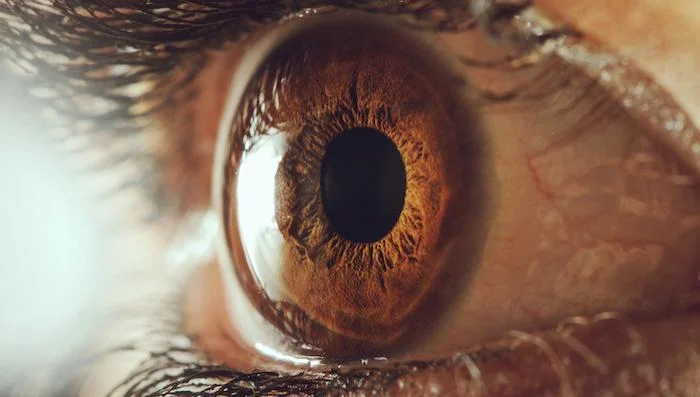All forms of diabetes — whether Type 1, Type 2, or gestational diabetes — are disorders of insulin production and utilization. Insulin is an essential hormone your body needs to transport glucose from your blood into your cells, where the glucose converts to energy.
If you have diabetes, though, either you can’t produce enough insulin for this important energy transport, or your body has become resistant to insulin’s effects. Either way, digested dietary sugars stay in your bloodstream rather than making their way into the cells that need them for fuel.
If you have diabetes, expert ophthalmologist John Ghobrial, MD, recommends paying extra attention to your eye health. That’s why he and our team offer diabetic eye exams at our office in Colts Neck, New Jersey.
How can diabetes affect your eye health? Here’s what you should know.
Uncontrolled diabetes destroys blood vessels
The reason that diabetes can lead to serious complications — including blindness and early death — is that uncontrolled sugar in the bloodstream weakens and stiffens blood vessels. It also leads to the formation of plaques that constrict the vessels’ passageways so blood can’t circulate freely.
The lack of sufficient blood flow affects every organ in your body. Even the capillaries in your eyes are affected — and an early symptom of diabetes is blurry vision or other vision changes. Anytime you notice changes in your vision or any kind of eye pain or pressure, contact Dr. Ghobrial right away.
Many eye diseases arise from diabetes
Although you can develop eye disease simply from aging and other factors, having diabetes increases your risk for blindness and vision problems. Some vision problems associated with diabetes are:
Glaucoma
Glaucoma is an eye disease in which you develop too much pressure in the eye itself, which damages your optic nerve. Without medication, you could go blind. You’re about twice as likely to develop glaucoma if you have diabetes compared with someone without diabetes.
Cataracts
Having diabetes doubles your risk for cataracts, which are clouds on your inner lenses that obscure your vision. Cataracts are the world’s leading cause of blindness. The only treatment for cataracts is removing them through surgery or laser therapy and replacing them with artificial lenses.
Diabetic retinopathy
Approximately one out of every three women and men who are over 40 and have diabetes also have signs of diabetic retinopathy. With this disease, your retina is affected by damaged vessels and can’t properly sense light or transform it to signals that your brain translates into images.
Diabetic macular edema
The macula is part of your retina. You use your macula to perform complex visual tasks, such as recognizing faces, driving, and reading. Macular edema is swelling of the macula due to fluid buildup, and it causes partial or total vision loss.
Protect your vision now
Don’t wait until you have vision symptoms before taking action to protect your eyes. Control your blood sugar by making necessary lifestyle changes and taking insulin, if your doctor has prescribed it for you. Be sure to:
- Avoid sugar and alcohol
- Eat a whole foods diet
- Quit smoking
- Exercise regularly
- Get regular diabetic eye exams
Even if you don’t wear glasses or contact lenses and have never needed them, the American Diabetes Association recommends annual comprehensive eye exams for all women, men, and children with diabetes. During a diabetic eye exam, Dr. Ghobrial takes extra care to examine your eyes for signs of damage from blood glucose. During your visit, he conducts:
- Comprehensive vision test
- Comprehensive eye exam
- Intraocular pressure exam
- Dilated eye exam
Be sure you’ve arranged for someone to drive you home after your diabetic eye exam. The dilation drops we put in your eyes make it unsafe for you to drive yourself.
Protect your vision by scheduling a diabetic eye exam today. Contact our friendly team at Eye Associates of Monmouth by phone, or book an appointment online.


